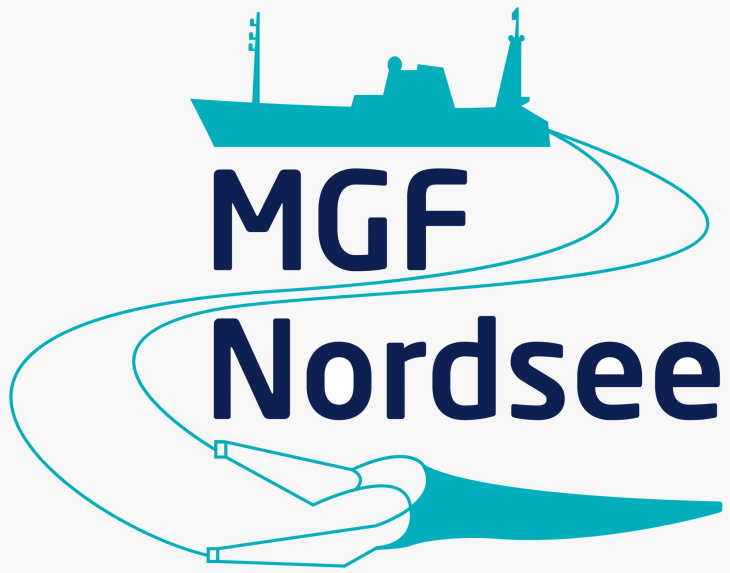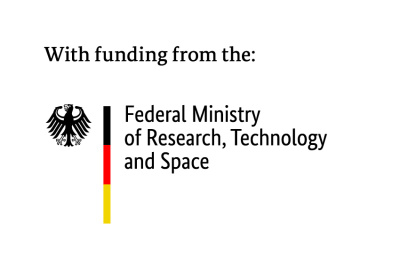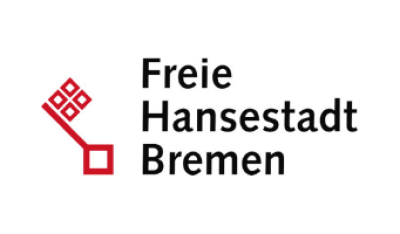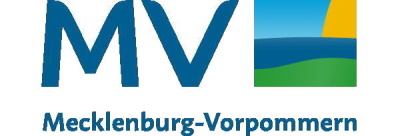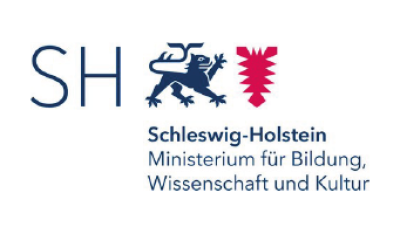Exclusion of mobile bottom-contact fishing in Marine Protected Areas of the German EEZ of the North Sea
Background
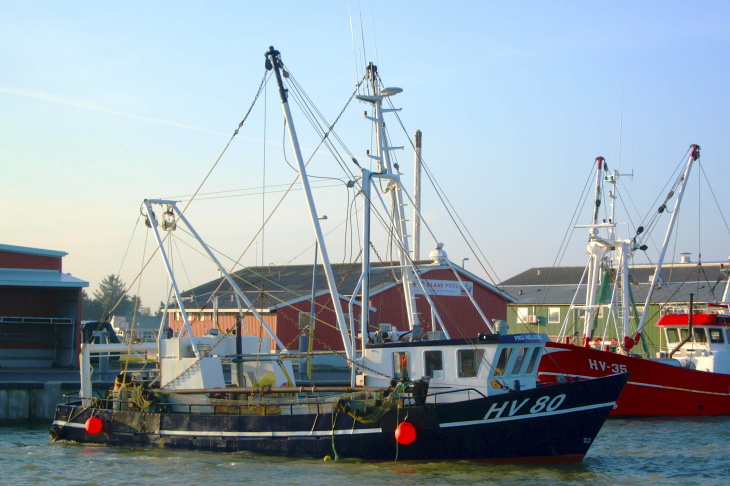
Fish trawler © Kai Hoppe
Marine nature conservation measures within the designated protected areas of the German Exclusive Economic Zone (EEZ) represent a central management approach to counteract the steady decline in fish stocks, the destruction of marine habitats and the loss of biodiversity.
The project MGF-Nordsee investigates the effects of the exclusion of mobile bottom-contacting fisheries (in German mobile, grundberührende Fischerei: MGF) in the German marine protected areas of the North Sea Borkum Reef Ground (BRG), Dogger Bank (DB), and Sylt Outer Reef - Eastern German Bight (SAR) with the associated Amrum Bank (AMB). In March 2023, fisheries management measures restricting the use of MGF came into force at BRG and SAR.
A reduction in disturbance by MGF can result in changes to the seabed morphology, the biogeochemistry of marine sediments and the exchange processes between the sediment and water column.
Biotic communities in and on the sediment beds can recover potentially resulting in a regeneration of structure, function and biodiversity. However, the actual effects and influences of marine protected areas on habitats and the ecosystem have hardly been investigated to date. One reason for this is often a lack of basic data before marine protection measures come into force.
Our research
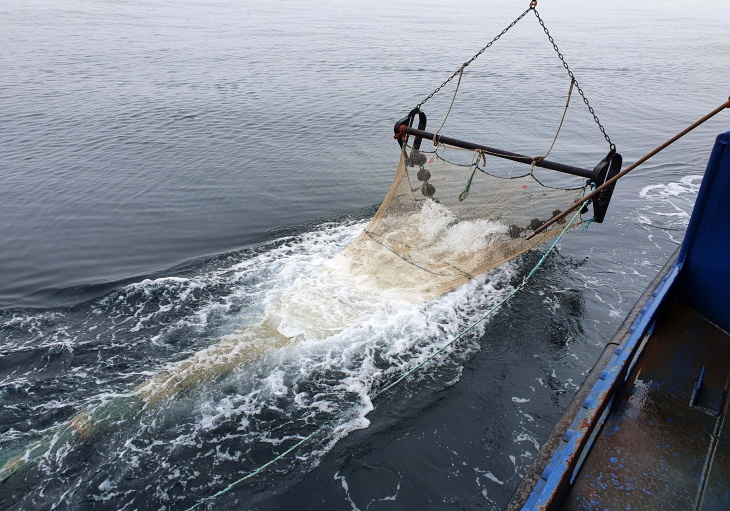
Beam trawl © Hermann Neumann Thünen Institute
The MGF-Nordsee research project, as well as its sister project MGF-Ostsee, offers the unique opportunity to investigate how benthic habitats and organisms develop after the exclusion of MGF in the future.
In Phase I of MGF-Nordsee, a comprehensive baseline status of the three German marine protected areas in the North Sea was therefore recorded.
Phase II of MGF-Nordsee now addresses two core objectives:
1) Investigating the physical, biological and biogeochemical MGF exclusion effects on the marine protected area ecosystem.
2) Development of an integrative monitoring concept that intercalibrates and combines alternative and conventional methods
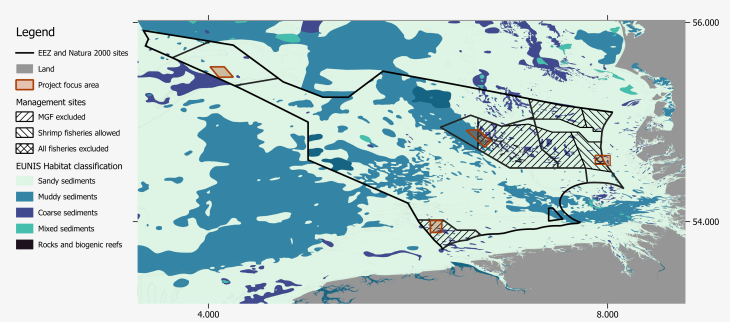
Map of the German North Sea and the MGF-Nordsee focus areas © S. Horn
The scientific work planned in the project pursues a modern, holistic approach that includes all components of the ecosystem in order to be able to assess the consequences of an MGF exclusion. The knowledge gained in MGF-Nordsee should form the basis for future monitoring in the areas in order to track the effectiveness of the established measures and to recognize possible changes in the status of the ecosystems.
Project term: 01.03.2020 – 28.02.2026
Coordination: Dr. Sabine Horn (sabine.horn@awi.de)

